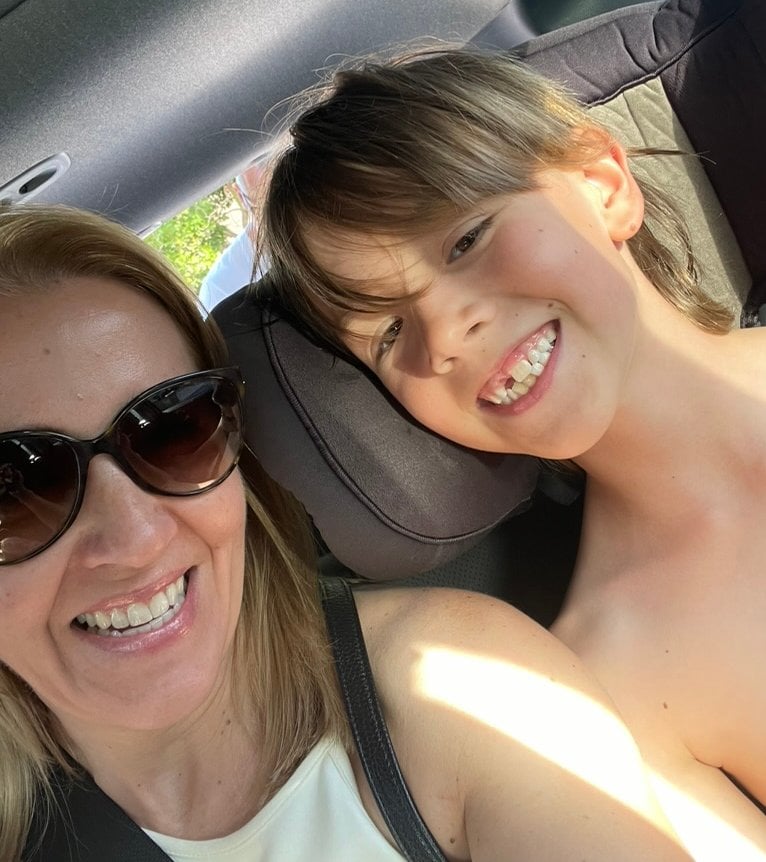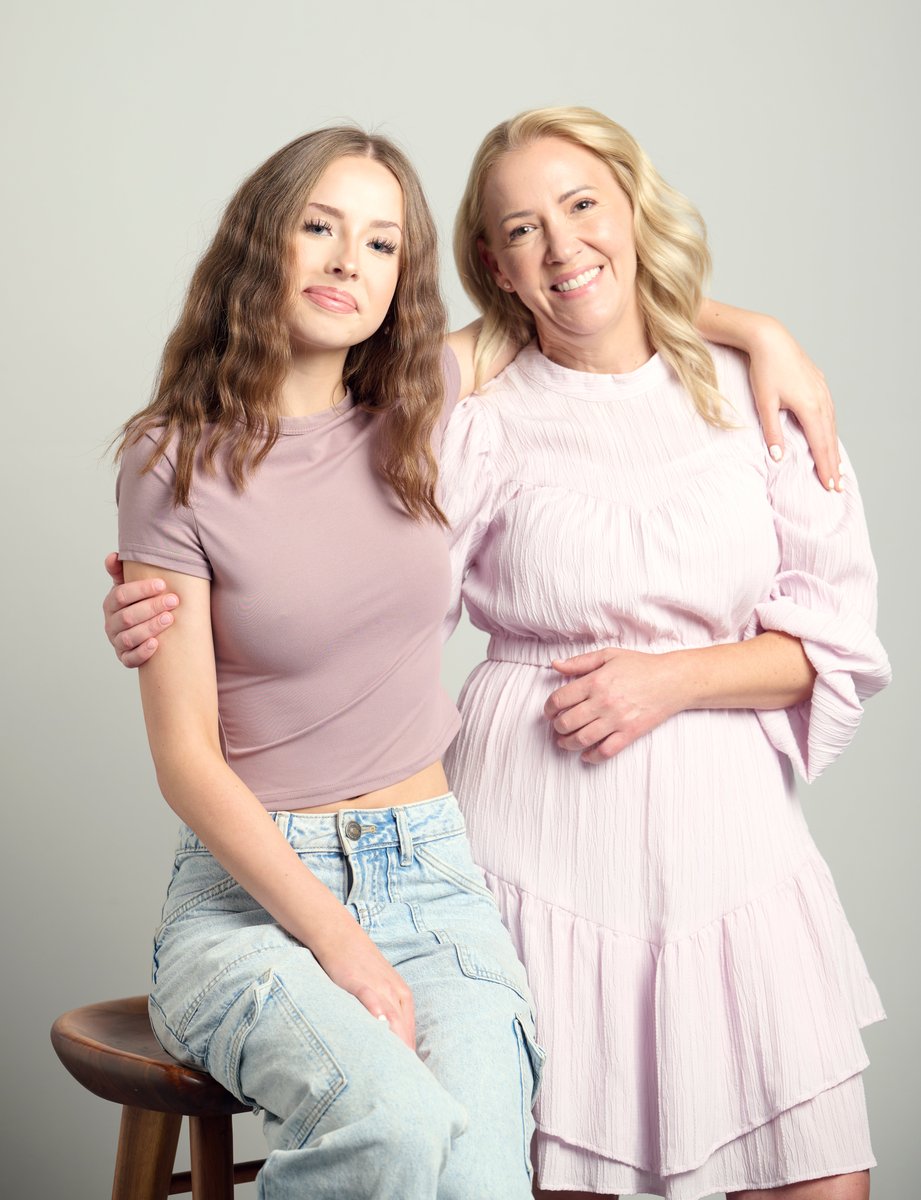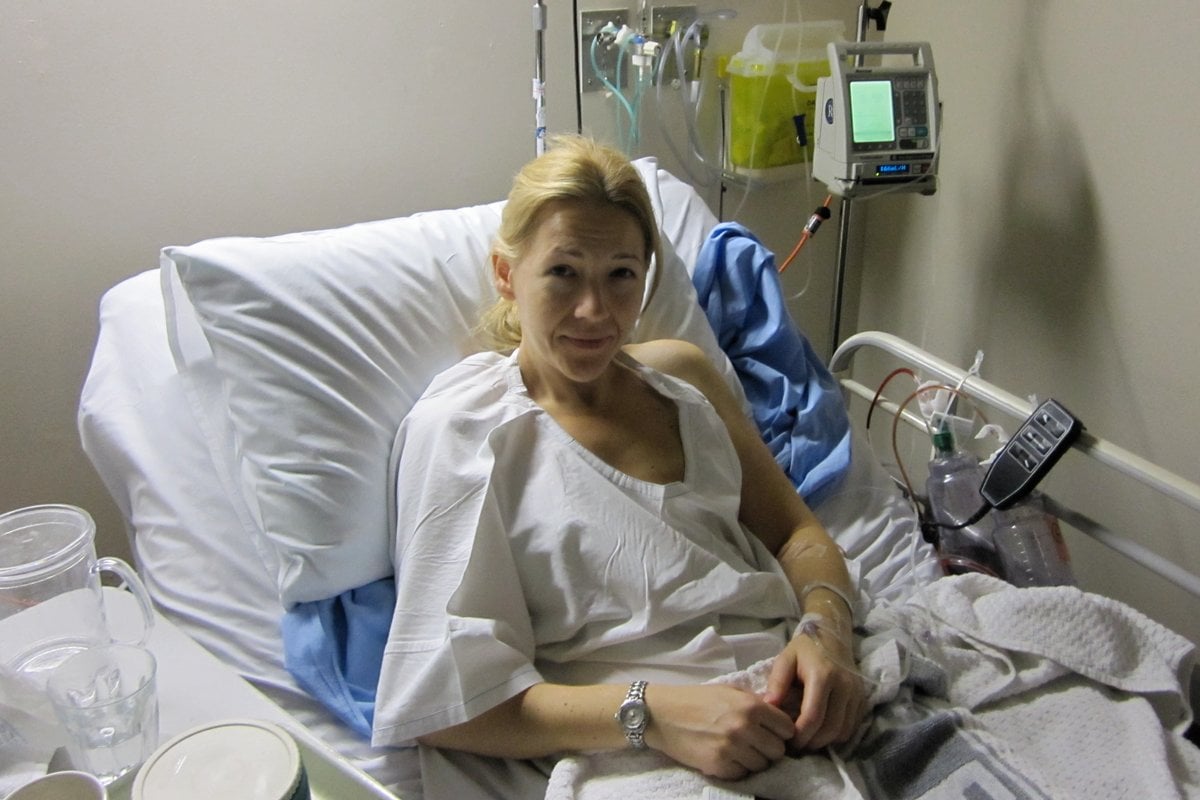
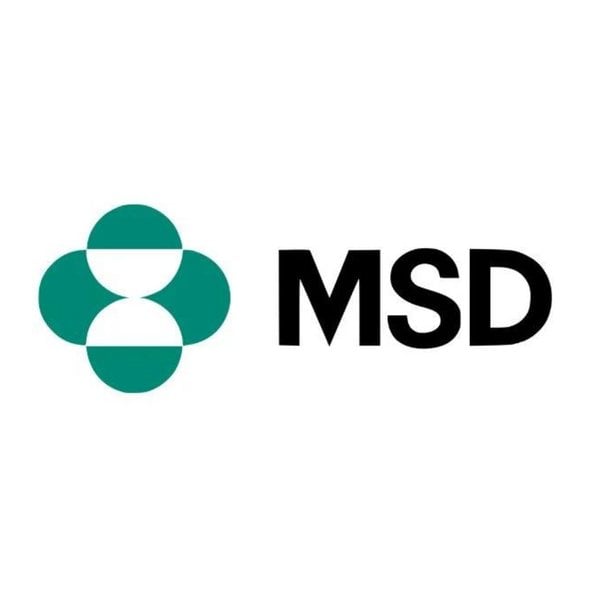
When holidaying in Thailand in 2006, cancer was the furthest thing from 29-year-old Sarah Powell's mind. However, once she felt a lump in her armpit while showering, that all changed.
"The lump was weird, hard and small, I immediately had a bad feeling," Sarah told Mamamia.
"Although I thought I was probably overreacting because I was only 29, for the rest of my holiday it was on the back of my mind."
Sarah's instincts were correct. Upon visiting her GP after returning to Australia, Sarah underwent an ultrasound and biopsy which confirmed she had an aggressive form of triple negative breast cancer.
These are the five things she wants you to know.
1. More than 3,500 Australian women under 50 are diagnosed with breast cancer every year.
Although Sarah's then-husband was supportive throughout her cancer treatment, before her diagnosis, due to Sarah's age, he wasn’t concerned that the lump would be anything sinister.
"I was alone when I found out I had cancer, my husband didn’t come to the appointment because he didn’t think it was anything, he thought I was too young," Sarah said.
"When I was told, I was in complete shock. People talk about fight, flight, or freeze, I was in freeze mode."
While around 80 per cent of all breast cancers in Australia occur in women over the age of 50, according to data from the Australian Institute of Health and Welfare, over 3,500 women under the age of 50, like Sarah, are diagnosed with breast cancer every year.
2. The impact on your mental health can be the hardest part.
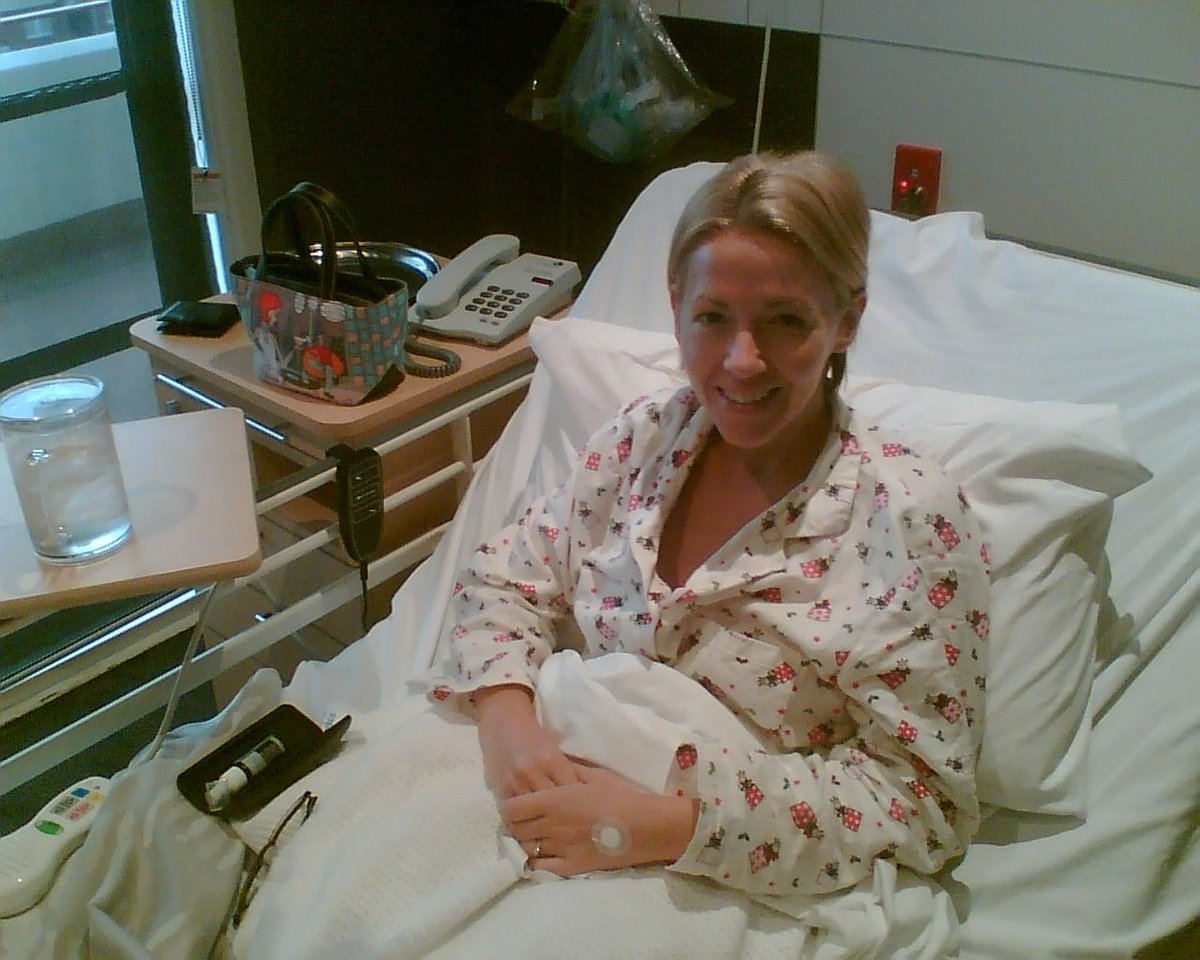 Image: Supplied.
Image: Supplied.

